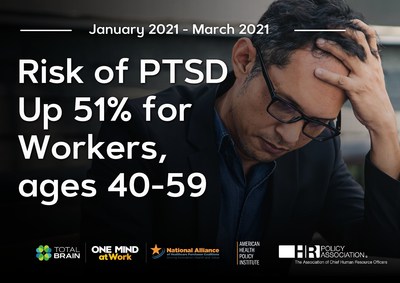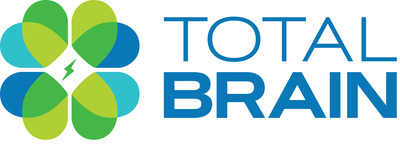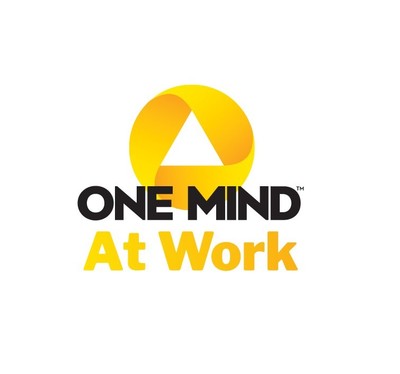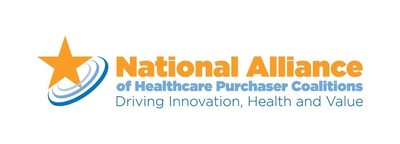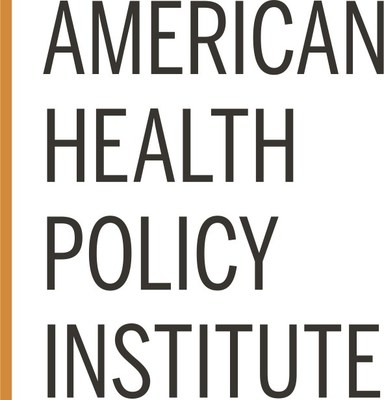According to the Mental Health Index: Risk of PTSD Increases 51% Among U.S. Employees Ages 40-59
Sandwich generation brings unique set of responsibilities and challenges to the workplace
SAN FRANCISCO and WASHINGTON, April 15, 2021 /PRNewswire/ -- As Americans flock to vaccine sites nationwide, a collective sigh of relief is almost palpable. Yet, for some, despite the promise of protection from a deadly and unpredictable virus, the trauma of the past year is just now taking its toll. According to the Mental Health Index: U.S. Worker Edition, employees ages 40-59 are experiencing worrisome declines in mental health over the last few months. Risk of PTSD has increased 51% since January; and planning, which impacts decisiveness, is down 10% in March 2021. Further, risk of general anxiety is 86% higher than before the pandemic. Findings also reveal that these employees have increased feelings of panic (9%) and fear (12%) when compared to before COVID-19.
Reason for OptimismConversely, the last two months of data from the Mental Health Index reveals positive mental health trends for working women across all age groups; giving employers some reason for optimism. Between February and March, women are showing notable improvements including:
- 24% decrease in anxiety
- 21% decrease in depressed mood
- 13% decrease in stress
- 7% decrease in conscious negativity bias
The Mental Health Index: U.S. Worker Edition, powered by Total Brain, a mental health and brain performance self-monitoring and self-care platform, is distributed in partnership with the National Alliance of Healthcare Purchaser Coalitions, One Mind at Work, and the HR Policy Association and its American Health Policy Institute.
"The data reflects the brain's adaptive fluidity amid ongoing uncertainty," said Evian Gordon, MD, PhD, chief medical officer, Total Brain. "Mental health, like physical fitness, changes continually. Monitoring brain capacities regularly is a powerful lens to help target and manage brain performance – to magnify what works and reframe the challenges."
Louis Gagnon, CEO of Total Brain, said, "The good news is great, but the bad news is very disconcerting for employees aged 40-59. This sandwich generation is tending to children and aging parents amid a pandemic, and an uncertain economic environment. These workers are likely holding middle and upper management positions; and they are responsible for maintaining business as usual at a time when business is anything but usual. Employers must be mindful of this group's unique needs when strategizing employee mental health benefits and initiatives."
Colleen McHugh, executive vice president of the American Health Policy Institute and strategic advisor for HR Policy Association said, "The latest numbers demonstrate the continued strain on the mental health of America's workforce and the complex nature of the pandemic-era fallout, which will continue to impact the country for years to come. Large employers, currently grappling with vaccine protocols and return-to-work strategies, continue to prioritize not just the safety of their employees, but also their overall wellbeing and mental health."
Michael Thompson, National Alliance president and CEO, added, "The momentum of the vaccines and the gradual opening up of the economy appears to be making a difference in mental health and outlook of many employees. Unfortunately, many may feel lasting effects of the trauma from the past year and employers are working feverishly to help employees navigate this last mile of the COVID era."
"With this variation of data, we can expect to see a period of emotional volatility, as people hold onto the promise of getting back to normal, albeit with the carryover impact of the 2020 experience," said Daryl Tol, who joined One Mind as Executive President this past March and offers more than 20 years of healthcare leadership. "The best way for managers to support their employees is to get closer to your team—be open about your own experiences, talk through and understand what is going on."
The full Mental Health Index results can be found here. For additional insights there will be a complimentary 30-minute webinar on Friday, April 16 at 12 p.m. Eastern. Russell Meyerowitz, COO, Brand New, will join Gagnon, Thompson, McHugh and Tol. Register here: https://zoom.us/webinar/register/WN_InKxTvGyR06EdzbBse7F9g
For more information, Mental Health in the COVID-19 Era: A Year in Review provides a month-by-month overview of the Mental Health Index data juxtaposed against the state of COVID-19 in the U.S. and around the world. This report covers how COVID-19 has affected the mental health of U.S. employees over the past 12 months, including everything from job security and safety to changes at home and events in the news.
Methodology: The Mental Health Index: U.S. Worker Edition contains data drawn from a weekly randomized sample of 500 working Americans taken from a larger universe of Total Brain users. The Index is NOT a survey or a poll. Data is culled from neuroscientific brain assessments using standardized digital tasks and questions from the Total Brain platform. Participants include workers from all walks of life and regions, job levels, occupations, industries, and types of organizations (public vs. private). The brain assessments used to compile the Mental Health Index were taken weekly from February 27 to March 31, 2021.
About Total Brain: Total Brain is based in San Francisco and publicly listed in Sydney, AUS (ASX: TTB). Total Brain is a mental health and brain performance self-monitoring and self-care platform that has 1M registered users. Benefits for employers and payers include better mental healthcare access, lower costs and higher productivity. totalbrain.com
About the National Alliance: The National Alliance of Healthcare Purchaser Coalitions (National Alliance) is the only nonprofit, purchaser-led organization with a national and regional structure dedicated to driving health and healthcare value across the country. Its members represent private and public sector, nonprofit, and Taft-Hartley organizations, and more than 45 million Americans spending over $300 billion annually on healthcare. nationalalliancehealth.org
About One Mind: One Mind at Work. Launched in 2017, One Mind at Work is a global coalition of leaders from diverse sectors who have joined together with the goal of transforming approaches to mental health and addiction. One Mind at Work now includes more than 90 global employers and 18 research and content partners. The coalition covers more than 8 million people under its charter. onemindatwork.org
HR Policy Association: HR Policy Association is the lead organization representing Chief Human Resource Officers at major employers. The Association consists of over 390 of the largest corporations doing business in the United States and globally, and these employers are represented in the organization by their most senior human resource executive. Collectively, their companies employ more than 10 million employees in the United States, over nine percent of the private sector workforce, and 20 million employees worldwide. These senior corporate officers participate in the Association because of their commitment to improving the direction of human resource policy. hrpolicy.org.
American Health Policy Institute: American Health Policy Institute is a non-partisan non-profit think tank, started by the HR Policy Foundation, that examines the practical implications of health policy changes through the lens of large employers. The Institute examines the challenges employers face in providing health care to their employees and recommends policy solutions to promote the provision of affordable, high-quality, employer-based health care. The Institute serves to provide thought leadership grounded in the practical experience of America's largest employers. Their mission is to develop impactful strategies to ensure that those purchasing health care are able to not only bend the cost curve, but actually break it, by keeping health care cost inflation in line with general inflation. americanhealthpolicy.org.
For More Information Contact: | Kelly Faville, Rocket Social Impact |
978-621-6667 |
![]() View original content to download multimedia:http://www.prnewswire.com/news-releases/according-to-the-mental-health-index-risk-of-ptsd-increases-51-among-us-employees-ages-40-59-301269799.html
View original content to download multimedia:http://www.prnewswire.com/news-releases/according-to-the-mental-health-index-risk-of-ptsd-increases-51-among-us-employees-ages-40-59-301269799.html
SOURCE Total Brain
Serious News for Serious Traders! Try StreetInsider.com Premium Free!
You May Also Be Interested In
- Development of the Extraordinary General Meeting on Friday 26 April 2024
- Company announcement no 8 Idavang 2024 Annual General Meeting 26-04-2024
- Form 8.5 (EPT/RI) - Mattioli Woods
Create E-mail Alert Related Categories
PRNewswire, Press ReleasesSign up for StreetInsider Free!
Receive full access to all new and archived articles, unlimited portfolio tracking, e-mail alerts, custom newswires and RSS feeds - and more!



 Tweet
Tweet Share
Share
